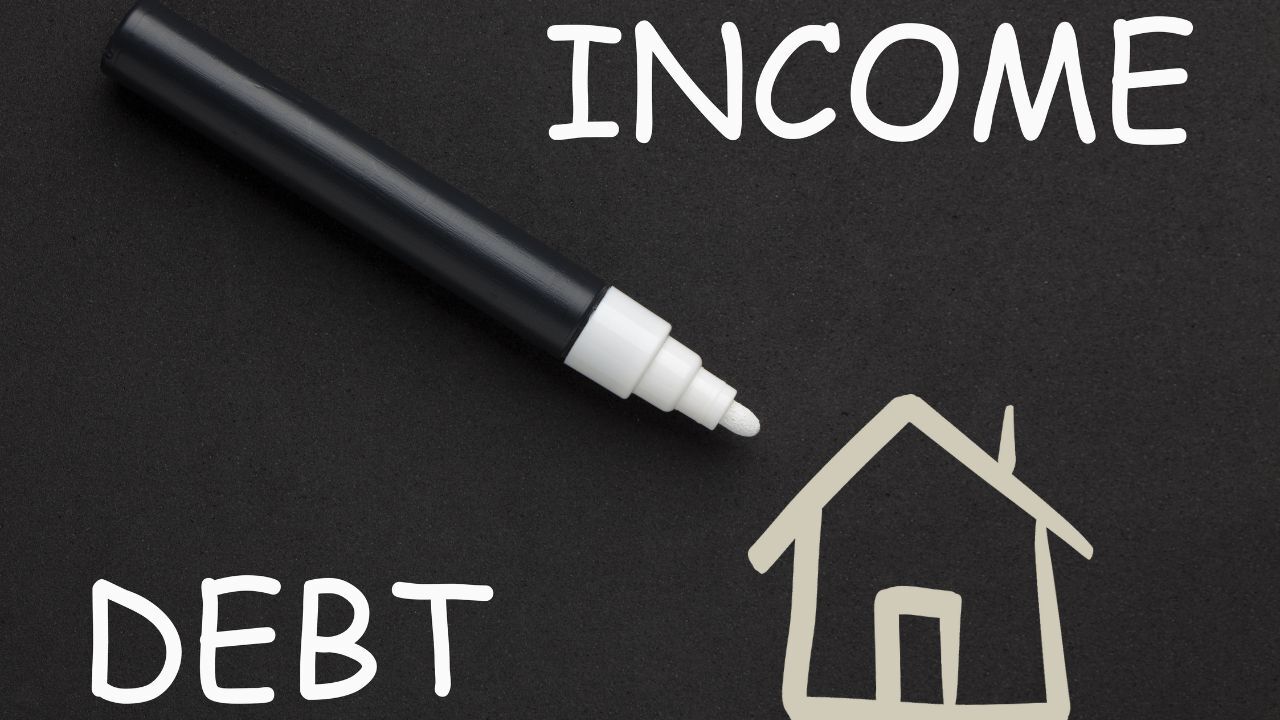How Debt-to-Income Ratio Affects Your Mortgage Eligibility
 When applying for a mortgage, lenders evaluate several factors to determine your loan eligibility. One of the most critical metrics is your Debt-to-Income Ratio (DTI). Understanding how DTI impacts mortgage approval can help you better prepare for homeownership and improve your chances of securing the loan you need.
When applying for a mortgage, lenders evaluate several factors to determine your loan eligibility. One of the most critical metrics is your Debt-to-Income Ratio (DTI). Understanding how DTI impacts mortgage approval can help you better prepare for homeownership and improve your chances of securing the loan you need.
What is Debt-to-Income Ratio (DTI)?
DTI measures the percentage of your gross monthly income that goes toward monthly debt obligations. Lenders use this ratio to assess your ability to manage additional debt responsibly.
There are two types of DTI:
1. Front-End DTI: Focuses solely on your housing expenses, including mortgage principal, interest, property taxes, homeowners insurance, and any HOA fees.
2. Back-End DTI: Includes all your monthly debt obligations, such as housing costs, auto loans, student loans, credit card payments, personal loans, and child support.
How is DTI Calculated?
To calculate your DTI, use this formula:
DTI = (Total Monthly Debt Payments ÷ Gross Monthly Income) × 100
For example, if your total monthly debt payments amount to $2,000 and your gross monthly income is $6,000, your DTI is 33%.
Why Does DTI Matter in Mortgage Approval?
Lenders use DTI to determine your ability to take on a mortgage while maintaining financial stability. Generally, the lower your DTI, the more favorable your loan terms will be.
Most lenders follow these DTI guidelines:
- Conventional Loans: Typically require a back-end DTI of 43% or lower, though some lenders may allow up to 50% with strong compensating factors.
- FHA Loans: Allow DTI ratios up to 57% in certain cases, making them more accessible to borrowers with higher debt.
- VA Loans: Do not have a strict DTI cap, but 41% or lower is preferred for approval without additional scrutiny.
- USDA Loans: Generally require a back-end DTI of 41% or lower, but exceptions may apply with strong credit and financial reserves.
How to Improve Your DTI for Mortgage Approval
If your DTI is too high, consider these strategies to improve your financial standing before applying for a mortgage:
- Pay Down Existing Debt: Reduce balances on credit cards, auto loans, and personal loans to lower your monthly obligations.
- Increase Your Income: Consider a side job, freelance work, or asking for a raise to boost your gross income.
- Avoid Taking on New Debt: Delay financing major purchases like a car or furniture until after securing your mortgage.
- Refinance High-Interest Debt: Consolidating debt into lower-interest loans can reduce monthly payments and improve your DTI.
- Make a Larger Down Payment: A higher down payment can lower your loan amount and monthly mortgage payment, reducing your DTI.
Your DTI plays a crucial role in determining your mortgage eligibility. While a lower DTI increases your chances of approval and better loan terms, exceeding lender limits can pose challenges. Understanding your DTI and taking steps to improve it before applying for a mortgage can position you for success.
If you’re considering buying a home and want guidance on your DTI, give us a call to explore your best options.

 When considering homeownership, many potential buyers wonder: Will getting a mortgage help my credit score? The answer is yes—if managed correctly. A mortgage is a major financial commitment, but it can also be a powerful tool for building and maintaining strong credit. Here’s how a mortgage can affect your credit score and what you should keep in mind.
When considering homeownership, many potential buyers wonder: Will getting a mortgage help my credit score? The answer is yes—if managed correctly. A mortgage is a major financial commitment, but it can also be a powerful tool for building and maintaining strong credit. Here’s how a mortgage can affect your credit score and what you should keep in mind. Have you ever calculated how much rent you’ve paid over the years? It’s a staggering number. According to studies, the average American spends between $133,000 and $155,000 on rent in just six to seven years. Let’s break that down and explore what it means for your financial future—and how you might be able to change that narrative.
Have you ever calculated how much rent you’ve paid over the years? It’s a staggering number. According to studies, the average American spends between $133,000 and $155,000 on rent in just six to seven years. Let’s break that down and explore what it means for your financial future—and how you might be able to change that narrative.